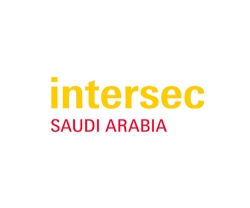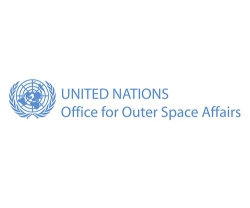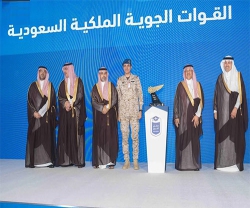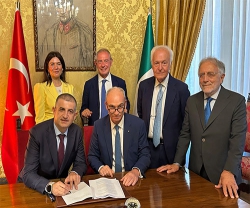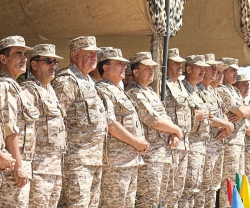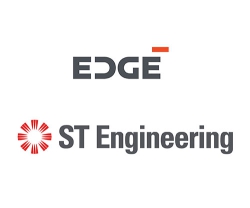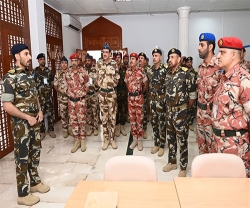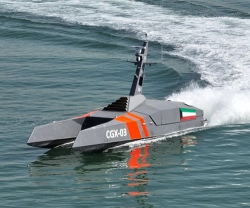Latest News
Latest news
Latest events
DefenPol China2025 - 7th Guangzhou International Defense & Police Exhibition & Summit
11 - 12 Jul 2025Nan Fung International Convention & Exhibition Center (NICEC) - ChinaIDEF 2025 Turkey - International Defence Industry Fair
22 - 27 Jul 2025Istanbul Expo Center - TurkeyDSEI 2025
09 - 12 Sep 2025Excel, London - United KingdomIntersec Saudi Arabia
29 Sep - 01 Oct 2025Riyadh International Exhibition & Convention Centre - Saudi Arabia

